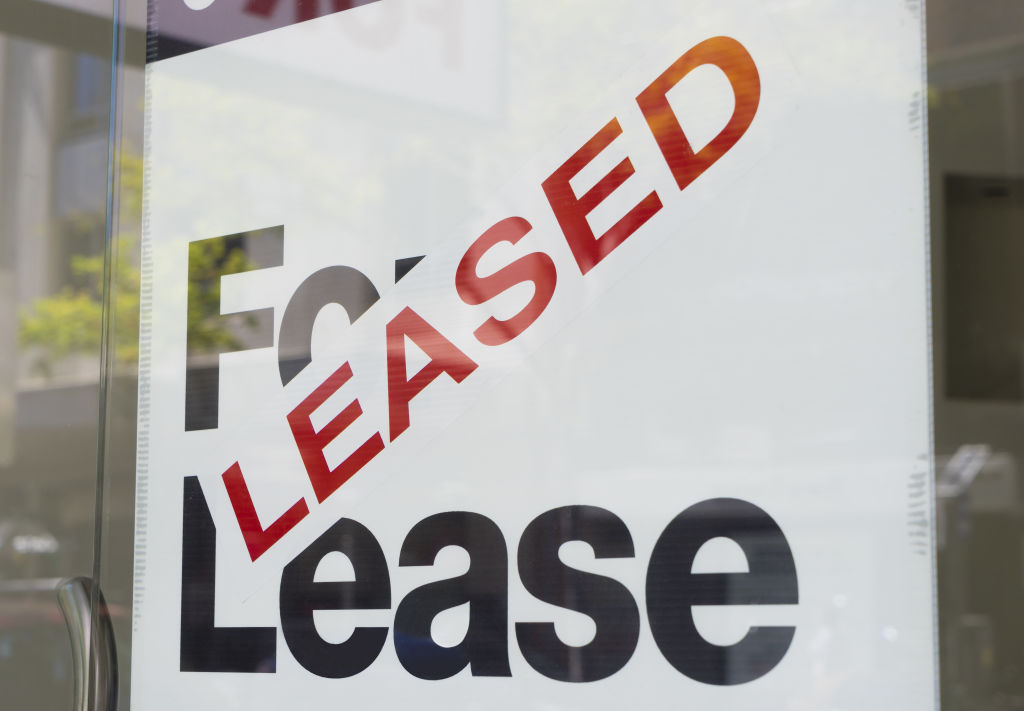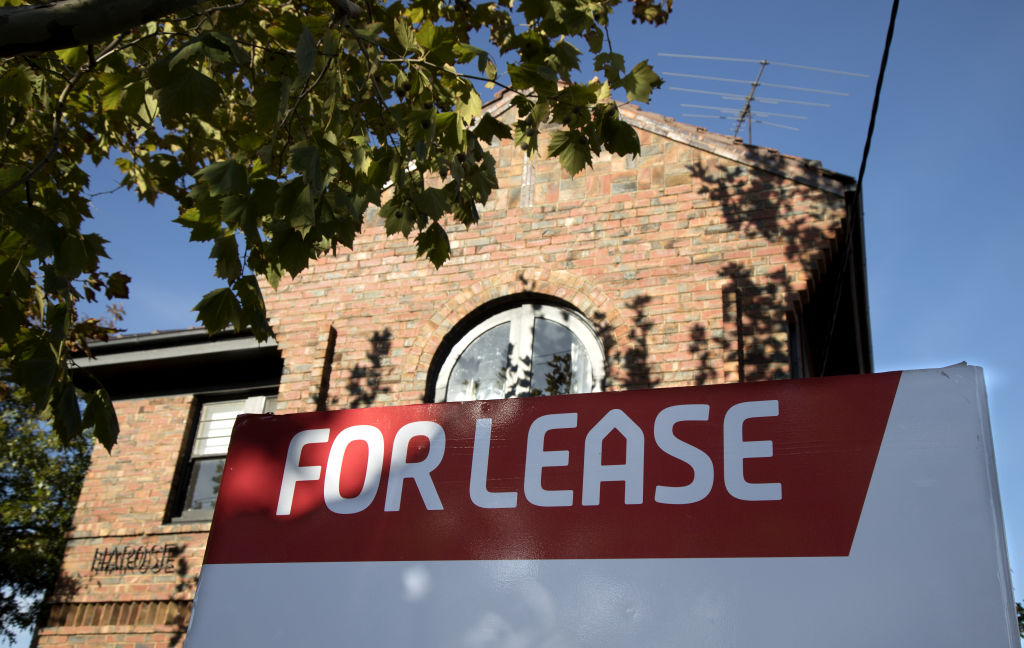‘I started crying’: What a rent reduction means to tenants who have lost their income due to COVID-19
When Rose Callaghan heard her landlord had agreed to reduce her rent by $100 a week for six months, she cried.
“I just started crying, it’s just really nice. It’s such a nice thing to do,” she said.
A power struggle between landlords and their tenants is playing out across Australia, as the two groups try to reach a compromise on the non-payment of rent during the coronavirus crisis.
For Sydney comedian Ms Callaghan and her boyfriend, who also works in the entertainment industry, their landlord’s compromise came as a massive relief: she had had all her upcoming gigs cancelled in rapid succession and he had lost half of his hours at his job.
After appealing to their landlord through their property manager, Ms Callaghan, her boyfriend and their other housemate secured the reduction, which should help them manage through the lockdown.

“I don’t need to pay zero rent, I will get by,” Ms Callaghan said. “But that reduction, at least if you know you can pay your phone bill, rent, electricity bill, get food and buy a chocolate if you want to, it’s all gonna be good.”
She said the experience had been pleasant because the landlord and agent involved had been gracious, but Ms Callaghan felt for others who hadn’t been given the same opportunity.
Social media has been flooded with emails preemptively sent out by property managers telling tenants they would be expected to pay full rent despite any reduced income status, and tenants saying they will be unable to pay rent in the foreseeable future.
Landlords who lose rental incomes will be able to defer their mortgage repayments by up to six months, pending a three-month review, under support measures for borrowers announced by the big banks earlier this month.
The federal, state and territory governments on Sunday decided there would be a moratorium on evictions for the next six months, but have yet to officially broach the subject of what should be done about rents for those who have lost income, leaving tenants and landlords to negotiate on their own.

Real Estate Institute of Australia president Adrian Kelly said it was important for tenants to keep a roof over their head, but was disappointed by the government’s simplistic approach of banning evictions.
“Some sort of cash assistance has to flow through the system somewhere, otherwise we’re all going to be a mess, it will be a disaster,” he told Domain. “Saying ‘don’t pay the rent if you’ve lost your job’ sounds good, but there’s a whole lot more to it than just that.”
Mr Kelly said rental or wage subsidies were urgently needed so tenants could pay their rent, providing the funds needed for property managers, many of whom he noted were tenants themselves, to continue their work and cash flow for landlords.
“Many of the property owners are in exactly the same position as tenants in that they’ve lost their job as well,” Mr Kelly said.
“Thankfully, the banks are going to do the right thing in freezing some mortgage repayments, but that doesn’t mean the debt will go away and when this is all over the mortgage debt will be much higher,” he said. “Then there are also outgoings that may or may not still need to be paid.”
Mr Kelly suspected those property owners in a position to reduce rents would do so, but warned it would not be an option for all. He noted the majority of rental homes were not owned by property barons, but ordinary Australians.
City Futures Research Centre research fellow Chris Martin said the numbers showed tenants were at greater risk than landlords during the economic shutdown, as landlords had an average income of $130,000 and renters just $80,000.
“A third of the private rental sector are low income and spending more than 30 per cent of their income on rent. They’re right on the line anyway, even before the pandemic,” Dr Martin said.
“For [landlords] to [refuse to lower rent] and threaten people with homelessness is outrageous.”
One Melbourne landlord was left disappointed by his real estate agency which flagged it would try to collect as much rent as possible from tenants who may be struggling.
“I think the notion they will try to collect as much rent as they can in these trying times is appalling,” said the investor, who did not want to be named for privacy reasons.
“There’s an attitude that all landlords are the same, and they’re not.”

While some landlords may be unwilling or unable to reduce their rent, he said, others were in it for the long haul and prepared to take the hit to help where they could. He added he would be willing to reduce rents on his two mortgaged investment properties if need be, as long as he could freeze his mortgage repayments.
“I haven’t been in a rental property for more than 30 years, but I can remember trying to rent with two small children – a lot of tenants get a rough end of the deal,” he said.
He said he was disappointed by the assumption that landlords would be unwilling to lower rents and said tenants shouldn’t be afraid to ask for assistance.
Brisbane City councillor Jonathan Sri said those most affected by the government-mandated shutdown were most likely to be renters, who relied on unstable work to get by.
“When every sector of the economy is taking a massive hit and hundreds of thousands of people have lost income it’s completely unreasonable for landlords to expect that they will continue collecting as much profit as they did prior to the pandemic,” Cr Sri said.
“In my electorate, we’ve seen hundreds and hundreds of casual workers lose shifts, we’ve seen small businesses shutting down and struggling to pay high commercial rents and we’ve seen queues around the block at Centrelink for the entire week.
“If a landlord or an investor says rents have to be paid, the question is with what money? Where do they think it’s going to come from?”
Cr Sri wanted to see a government-mandated pause on rents, but failing that a levy on empty properties should be enacted to disincentivise retaliatory evictions if tenants struggled to pay rent during the crisis.
Dr Martin said whatever the solution, it needed to be applied across the board so as to not create two tiers of tenants.
“If we’re talking about a rent reduction or suspension I think it would be useful or necessary that it’s universal or across the board,” Dr Martin said. “There’s this thinking it should be narrow. It won’t work for the moratorium [on evictions] and it won’t work for the reduction either.”
We recommend
We thought you might like
States
Capital Cities
Capital Cities - Rentals
Popular Areas
Allhomes
More










